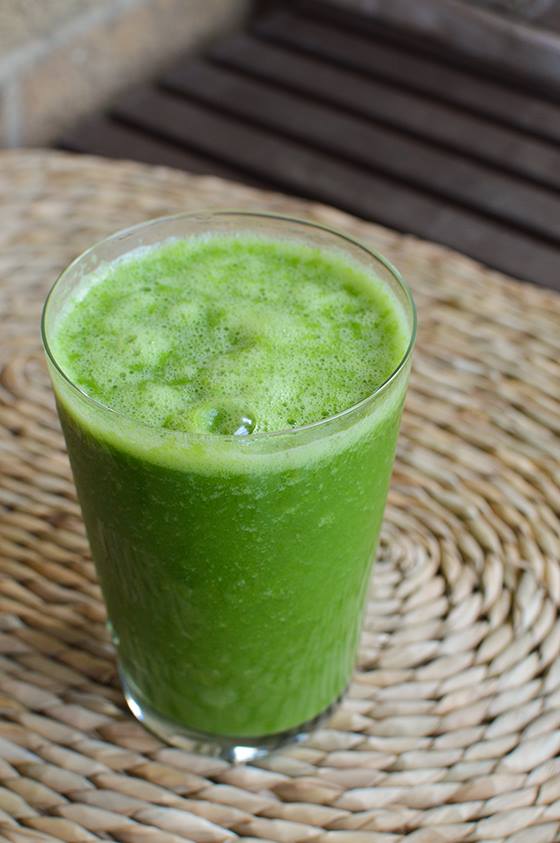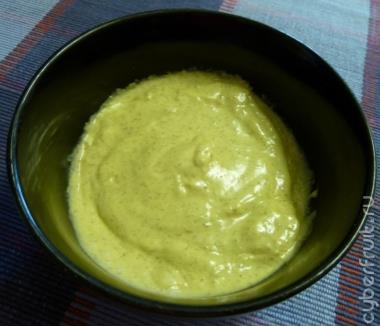Fiber deficiency is one of the main reasons for sluggish digestion and constipation, which are very common problems for most people.
Fiber is dense dietary fiber that has a huge impact on the functioning of the gastrointestinal tract. Cabbage leaves, the shell of legumes and various seeds – all this is fiber.
It is divided into two types:
- Insoluble fiber: It is contained in wheat bran, the peel of many vegetables and fruits, such as carrots, celery, broccoli, beets, pears, apples, and nuts. Helps cope with constipation, hemorrhoids, colitis. Insoluble fibers are not digested by the body and form a dense mass that speeds up the passage of digested food through the intestinal tract.
- Soluble fiber: Oat bran, flaxseeds, most fruits, and beans are sources of soluble dietary fiber. Such fibers, combining with water in the intestines, are converted into a gel-like substance. This mass promotes the gentle removal from the intestines of not only waste and toxins, but also waste products, bacteria and viruses.
The benefits of fiber
- Products containing dietary fiber, both insoluble and soluble, must be present in the daily diet.
- Fiber prevents the formation of gallstones and helps reduce the amount of cholesterol in the blood.
- Dietary fiber cleanses the body of toxic compounds and quickly saturates without extra calories.
- Regular consumption of foods containing fiber helps prevent intestinal cancer and cardiovascular diseases.
- Coarse fibers significantly slow down the process of absorption of carbohydrates and fats, which helps not only normalize weight, but also blood sugar levels.
- Products containing coarse dietary fiber (bran, whole grains, young peas, cabbage, apples, freshly squeezed orange juice) contain a large number of microelements that the body needs.
- Thanks to fiber, beneficial bacteria living in the intestines produce enzymes and improve the functioning of the digestive system.
How do dietary fiber and fiber help you lose weight?
Fiber, swelling in the stomach, helps quickly satisfy hunger and prevents overeating. Coarse fiber slows down the absorption of sugar after eating, which provides a long-lasting feeling of fullness. In the intestines, coarse fibers act as an adsorbent, cleansing the body of excess fats.
How to properly increase your intake of coarse dietary fiber?
A sharp increase in fiber-rich foods in the diet can cause bloating, diarrhea, and constipation. You should eat no more than 25-30 g of dietary fiber per day. To begin with, you should replace your usual foods with foods that contain a large amount of fiber.




